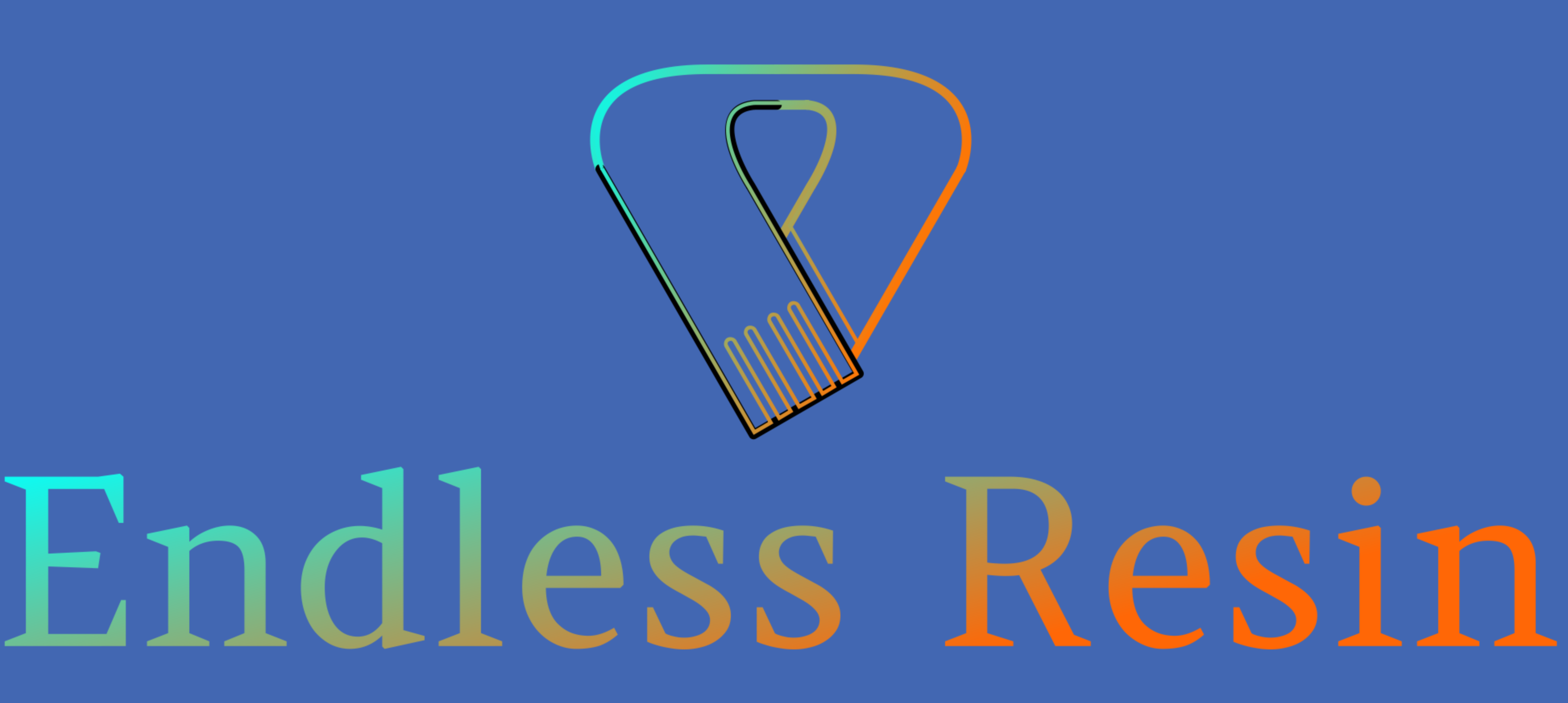แหล่งรวมเกมสล็อต PG สล็อตเว็บตรงไม่ผ่านเอเย่นต์
การเลือกเล่นเกม สล็อตเว็บตรง ที่ไม่ผ่านเอเย่นต์เป็นทางเลือกที่ดีสำหรับผู้เล่นที่ต้องการความมั่นคงและปลอดภัย โดยเฉพาะเว็บที่รวมเกมสล็อตจากค่าย PG ซึ่งเป็นหนึ่งในค่ายเกมสล็อตชั้นนำ ผู้เล่นสามารถเข้าถึงเกมมากกว่า 1,000 เกมจากทุกแบรนด์ดัง พร้อมทั้งการทดลองเล่นสล็อต PG และโปรโมชั่นสล็อต เครดิตฟรี 50 ไม่ต้องสุดร้อนแรงที่มีให้บริการตลอดทั้งปี นอกจากนี้ยังมีระบบการเล่นที่เข้าใจง่าย ทำให้เหมาะสำหรับทั้งผู้เล่นใหม่และผู้เล่นที่มีประสบการณ์ ระบบฝาก-ถอนอัตโนมัติและการรองรับการฝากทุกรูปแบบ หนึ่งในจุดเด่นของเว็บสล็อตเว็บตรงคือระบบการทำรายการฝาก-ถอนแบบอัตโนมัติที่รวดเร็วและสะดวก ผู้เล่นสามารถทำรายการได้ทันทีโดยไม่ต้องแจ้งแอดมิน และยังรองรับการฝากผ่านทุกธนาคารชั้นนำ ทำให้การเข้าถึงเกมสล็อตเป็นไปอย่างง่ายดาย นอกจากนี้ยังมีการรับประกันความปลอดภัย 100% ให้ผู้เล่นได้เล่นเกมอย่างมั่นใจ ไม่ว่าจะเป็นการถอนเงินรางวัลจำนวนมากหรือการเล่นเกมด้วยทุนน้อย เทคโนโลยี AI และการเข้าถึงสูตรสล็อตเว็บตรง PG…
